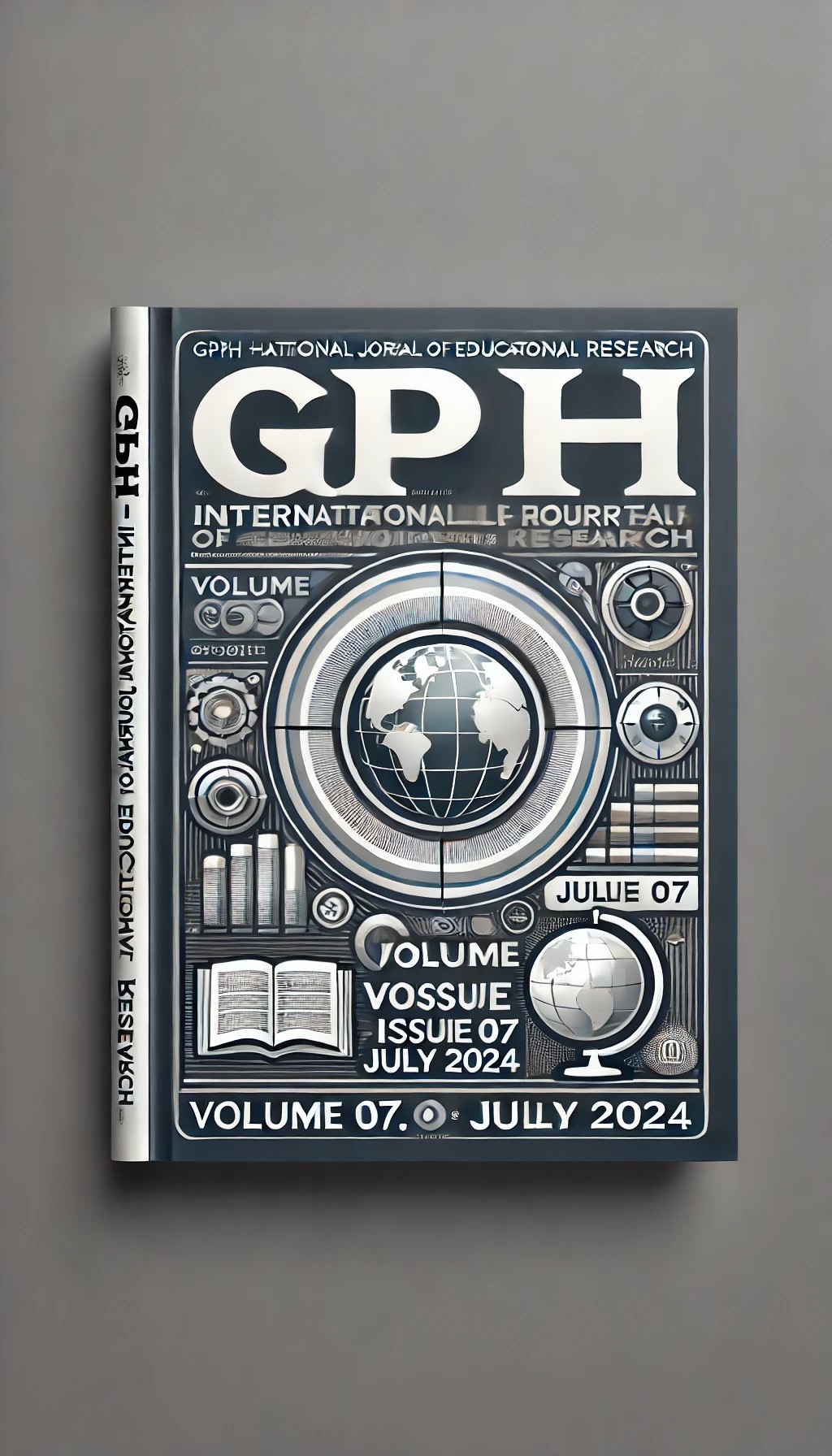EVALUATION OF THE CURRENT STATE OF STEMS EDUCATION IN HIGH SCHOOLS: A SURVEY ON TEACHERS' PERSPECTIVES
Abstract
This study aims to evaluate the current state of STEM education in high schools from the perspective of teachers, with a focus on identifying strengths, weaknesses, and challenges in current teaching practices. The primary objective is to gather insights into teachers' perceptions of STEM education and to provide recommendations for enhancing its effectiveness. A cross-sectional survey design was employed, targeting high school teachers who teach STEM-related subjects across Vietnam. The survey has collected 50 survey votes to ensure the conditions for inclusion in the analysis. The survey, administered online via Zalo and email from June 30 to July 30, 2024, consisted of five sections: demographic information, attitudes towards STEM education, current teaching practices, challenges in STEM education, and open-ended questions for additional comments. The survey utilized a Likert scale to measure teachers' attitudes and perceptions, with data analyzed using SPSS 20.0. Descriptive statistics, including frequencies, percentages, means, and standard deviations, were calculated to summarize the responses. A Cronbach's Alpha value of 0.886 indicated high internal consistency and reliability of the survey items. Key findings reveal that teachers generally have positive perceptions of STEM education, recognizing its importance and benefits for student development. However, significant challenges were identified, including difficulties in accessing adequate resources, time-intensive preparation, and the need for better assessment tools. Additionally, there is a strong demand for professional development and greater institutional support. The study's implications suggest that educational institutions should increase investment in high-quality STEM teaching materials and tools, enhance professional development programs, develop robust assessment methods, and foster a supportive school environment. Addressing these challenges can improve the quality and consistency of STEM education, ultimately benefiting both teachers and students.
Downloads
References
[2]. Cao, C. G., & Nguyen, T. H. (2023). The current state of applying the STEM education model in teaching natural science to develop scientific competencies for secondary school students in Ho Chi Minh City. Journal of Education, 23(Special Issue 7), 121–127. Retrieved from https://tcgd.tapchigiaoduc.edu.vn/index.php/tapchi/article/view/883
[3]. Do, H., & Hong, C. (2024). The current state and measures for organizing STEM education activities in teaching natural and social sciences by teachers at some elementary schools in Hanoi. Journal of Education, 24(Special Issue 2), 218–223. Retrieved from https://tcgd.tapchigiaoduc.edu.vn/index.php/tapchi/article/view/1722
[4]. Fitzallen, N., & Brown, N. R. (2017). Outcomes for engineering students delivering a STEM education and outreach programme. European Journal of Engineering Education, 42(6), 632-643. https://doi.org/10.1080/03043797.2016.1210570
[5]. Ha, M. H., Ma, T. S., & Trinh, T. Y. (2023). The current state of organizing STEM experiential activities in middle schools in Yen Son district, Tuyen Quang province. Journal of Education, 23(Special Issue 8), 289–295. Retrieved from https://tcgd.tapchigiaoduc.edu.vn/index.php/tapchi/article/view/1031
[6]. Hsu, Y. S., & Fang, S. C. (2019). Opportunities and challenges of STEM education. In Y. S. Hsu & Y. F. Yeh (Eds.), Asia-Pacific STEM Teaching Practices: From Theoretical Frameworks to Practices (pp. 1-16). Springer. https://doi.org/10.1007/978-981-15-0768-7_1
[7]. Huynh, V. S. (2024). The current state of perception of pedagogical students in Ho Chi Minh City about STEM and STEM education. Journal of Science, 21(6), 1077. https://doi.org/10.54607/hcmue.js.21.6.4356(2024)
[8]. Kieu, T. T. G. (2021). Assessing the awareness of elementary education students at Hanoi Capital University about STEM education. TNU Journal of Science and Technology, 226(12), 28-35. https://doi.org/10.34238/tnu-jst.4668
[9]. Le, T. X., & Do, H. T. (2023). The current state of implementing STEM education in elementary schools in Thu Duc city, Ho Chi Minh City. Journal of Education, 23(Special Issue 8), 225–229. Retrieved from https://tcgd.tapchigiaoduc.edu.vn/index.php/tapchi/article/view/1013
[10]. Long, P. T., & Ha, N. H. (2023). The current state, opportunities, challenges, and some lessons learned in implementing STEM education in high schools in Thai Nguyen province. TNU Journal of Science and Technology, 228(12), 81-87. https://doi.org/10.34238/tnu-jst.8239
[11]. Nguyen, Q. L., Vu, T. T. Y., Duong, V. T., & Nong, M. A. (2023). The competencies teachers need to develop to successfully implement STEM-oriented education: A case study in Thai Nguyen province. Journal of Education, 23(6), 51–57. Retrieved from https://tcgd.tapchigiaoduc.edu.vn/index.php/tapchi/article/view/676
[12]. Tran, T. C. L., Nguyen, L. H. P., Vo, T. T. L., Vo, T. T. L., Nguyen, T. K. H., & Dinh, M. Q. (2024). Teachers' evaluation of the effectiveness of STEM teaching in some high schools in the Mekong Delta. Journal of Education, 24(1), 59–64. Retrieved from https://tcgd.tapchigiaoduc.edu.vn/index.php/tapchi/article/view/1216
[13]. Vu, T. T., & Le, T. T. H. (2024). Overview of research on teachers' teaching competencies in STEM education. Journal of Education, 23(Special Issue 9), 116–121. Retrieved from https://tcgd.tapchigiaoduc.edu.vn/index.php/tapchi/article/view/1182
[14]. Yeh, Y. F., & Hsu, Y. S. (2019). Instructional knowledge of STEM: The voices of STEM teachers in Taiwan. In Y. S. Hsu & Y. F. Yeh (Eds.), Asia-Pacific STEM Teaching Practices (pp. 49-66). Springer. https://doi.org/10.1007/978-981-15-0768-7_4
Author(s) and co-author(s) jointly and severally represent and warrant that the Article is original with the author(s) and does not infringe any copyright or violate any other right of any third parties, and that the Article has not been published elsewhere. Author(s) agree to the terms that the Global Publication House will have the full right to remove the published article on any misconduct found in the published article.























